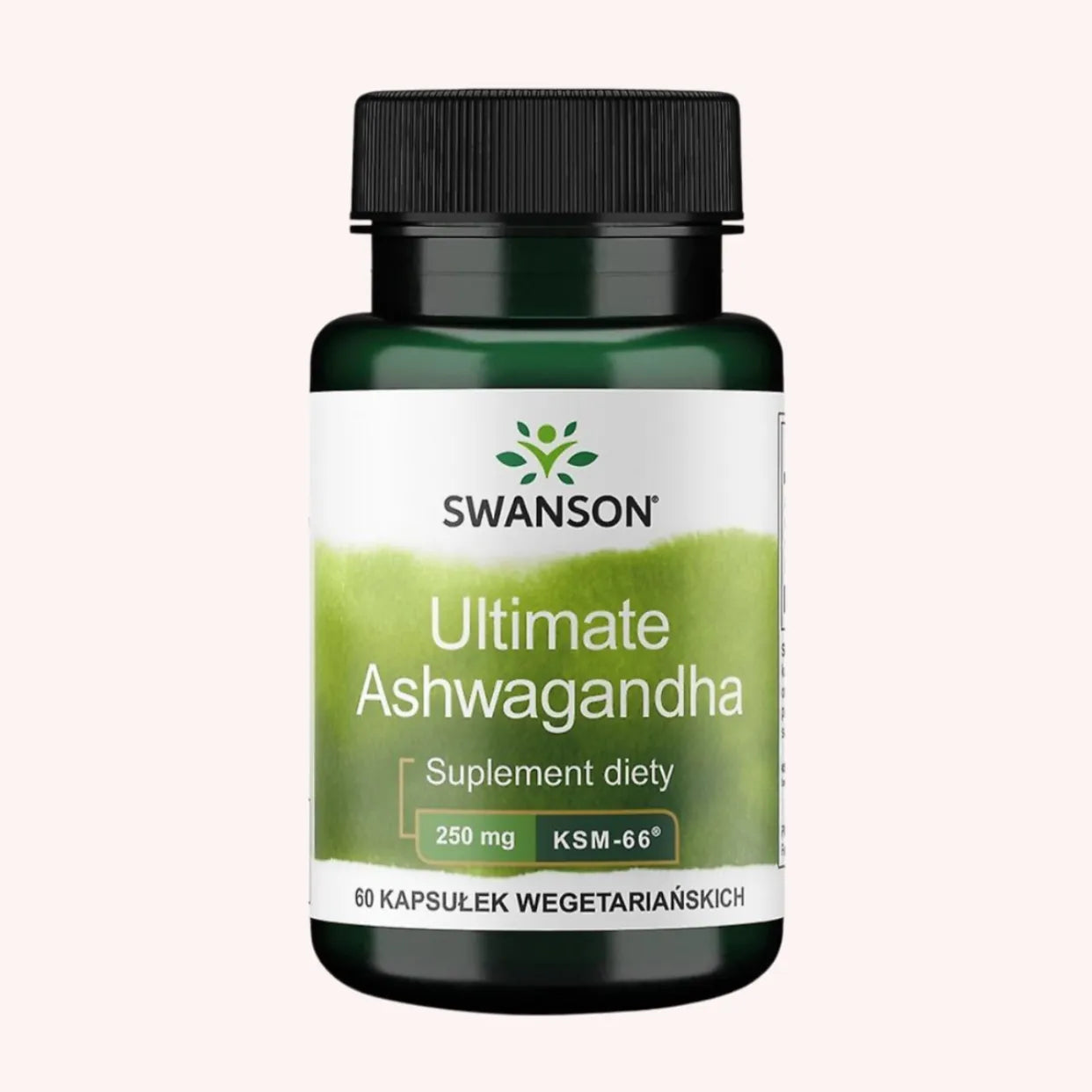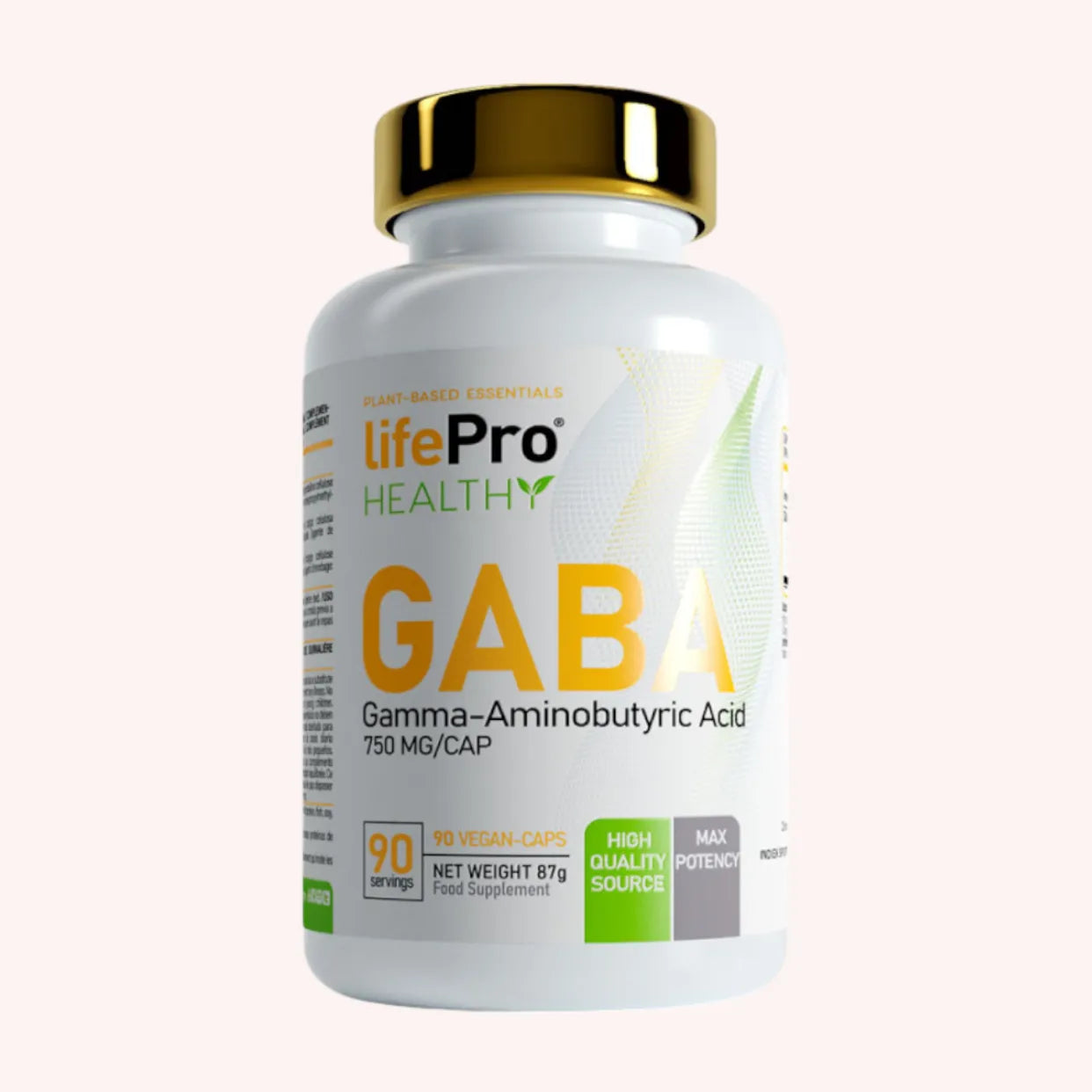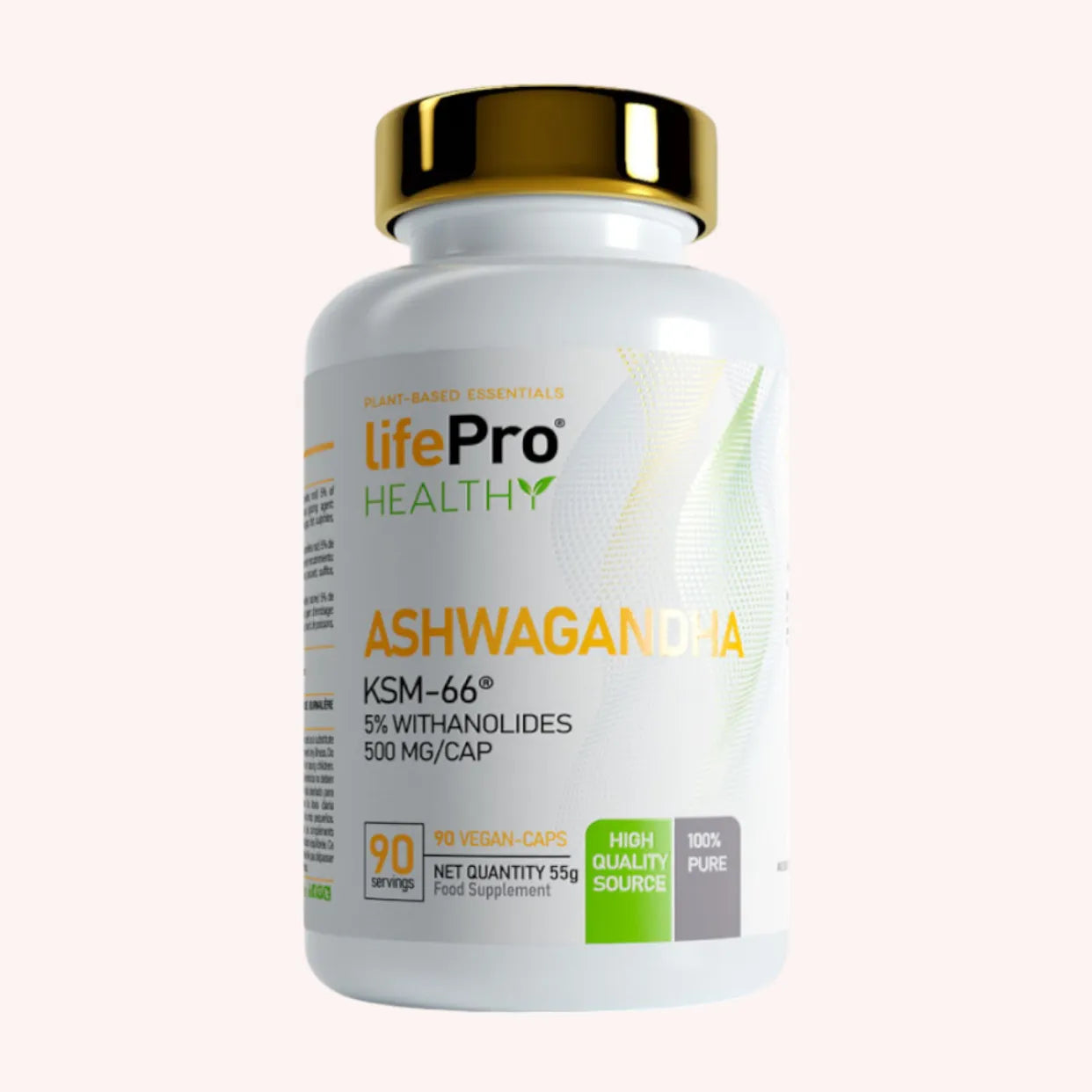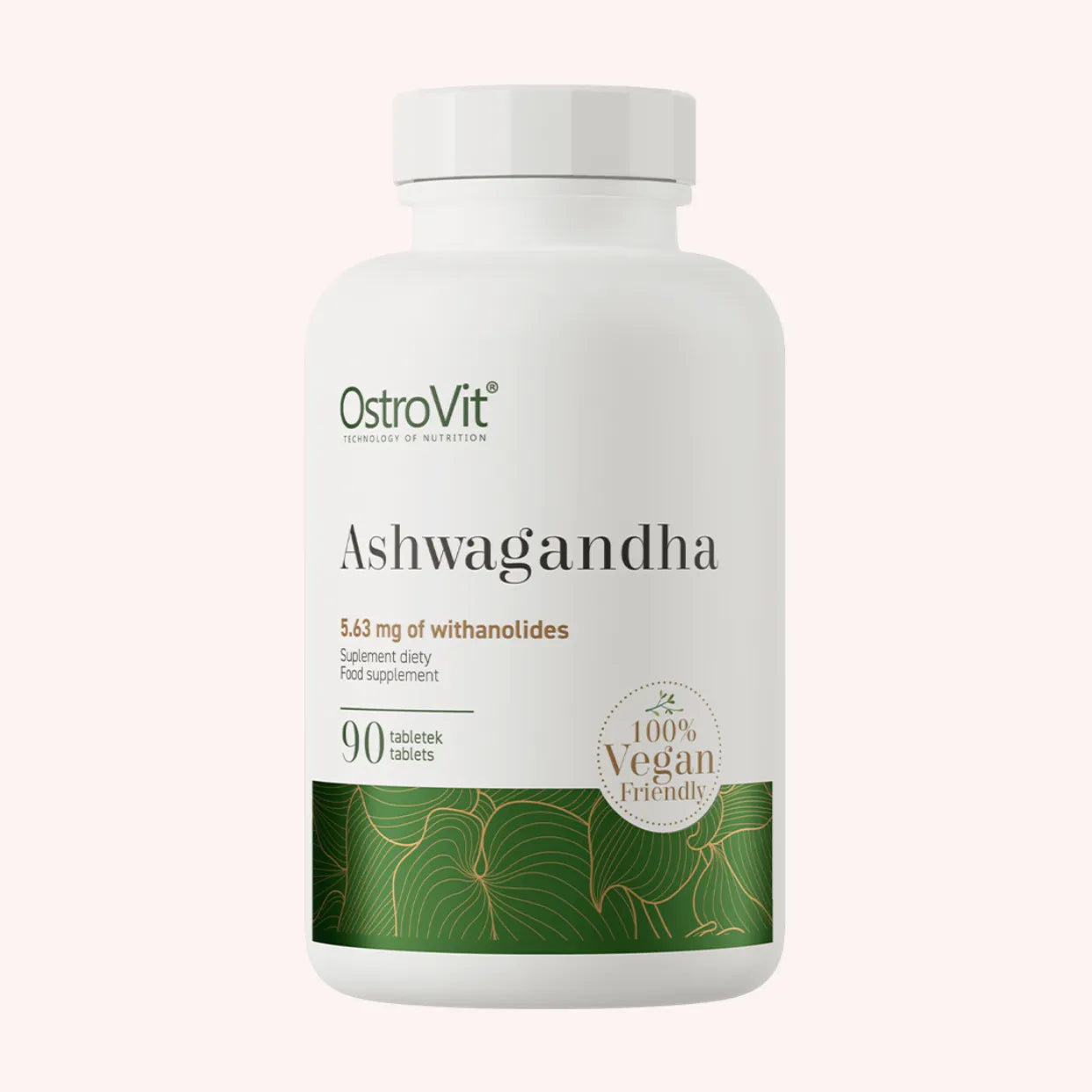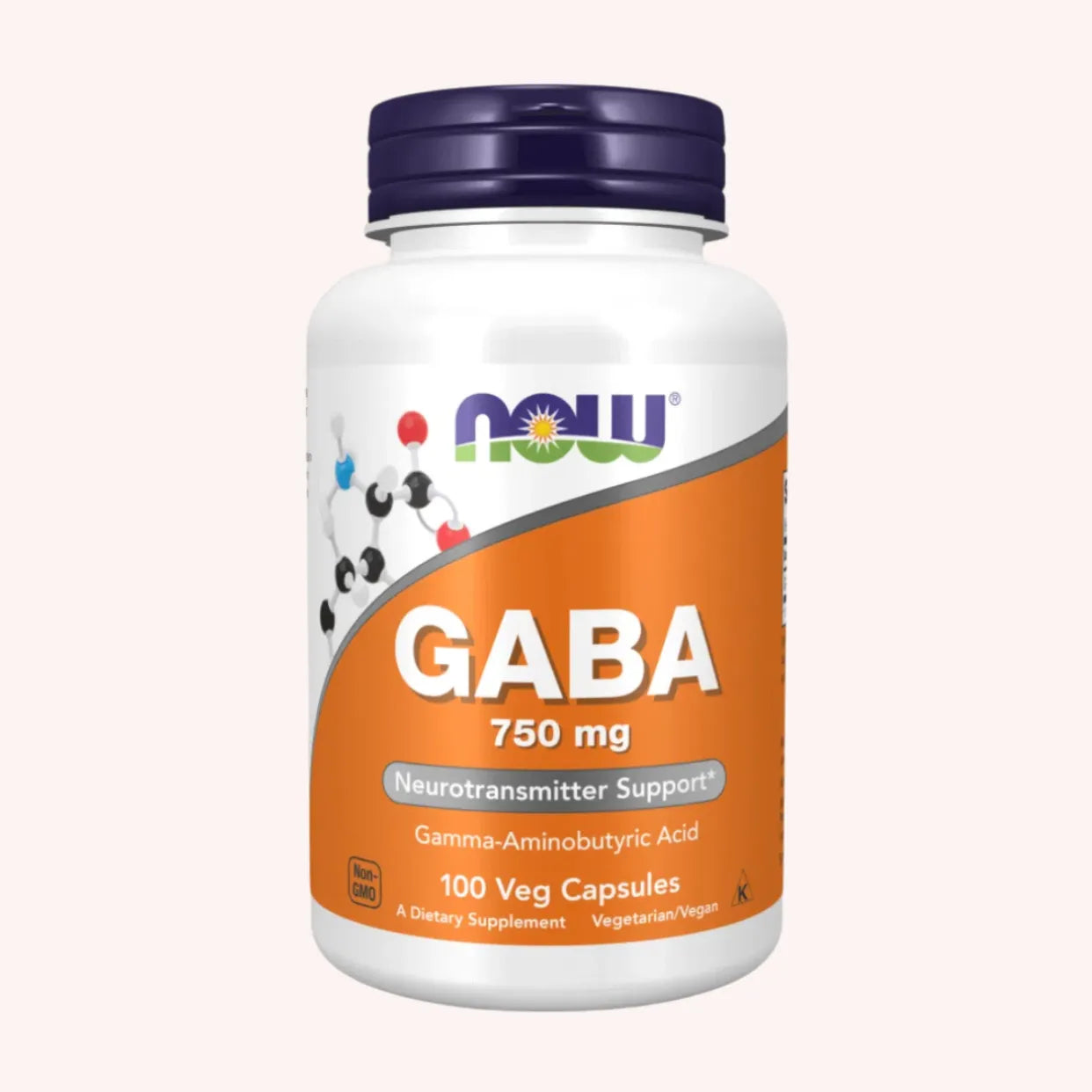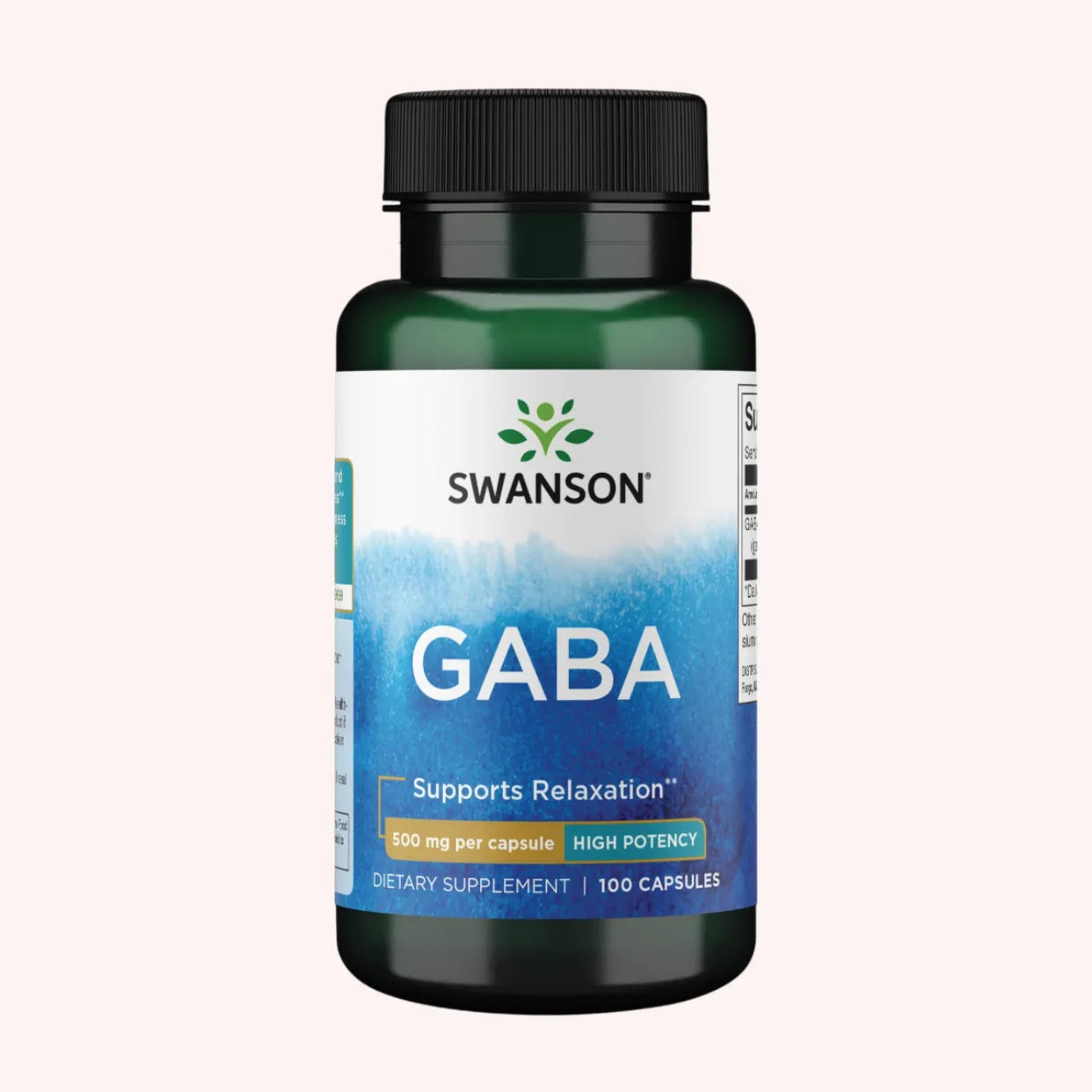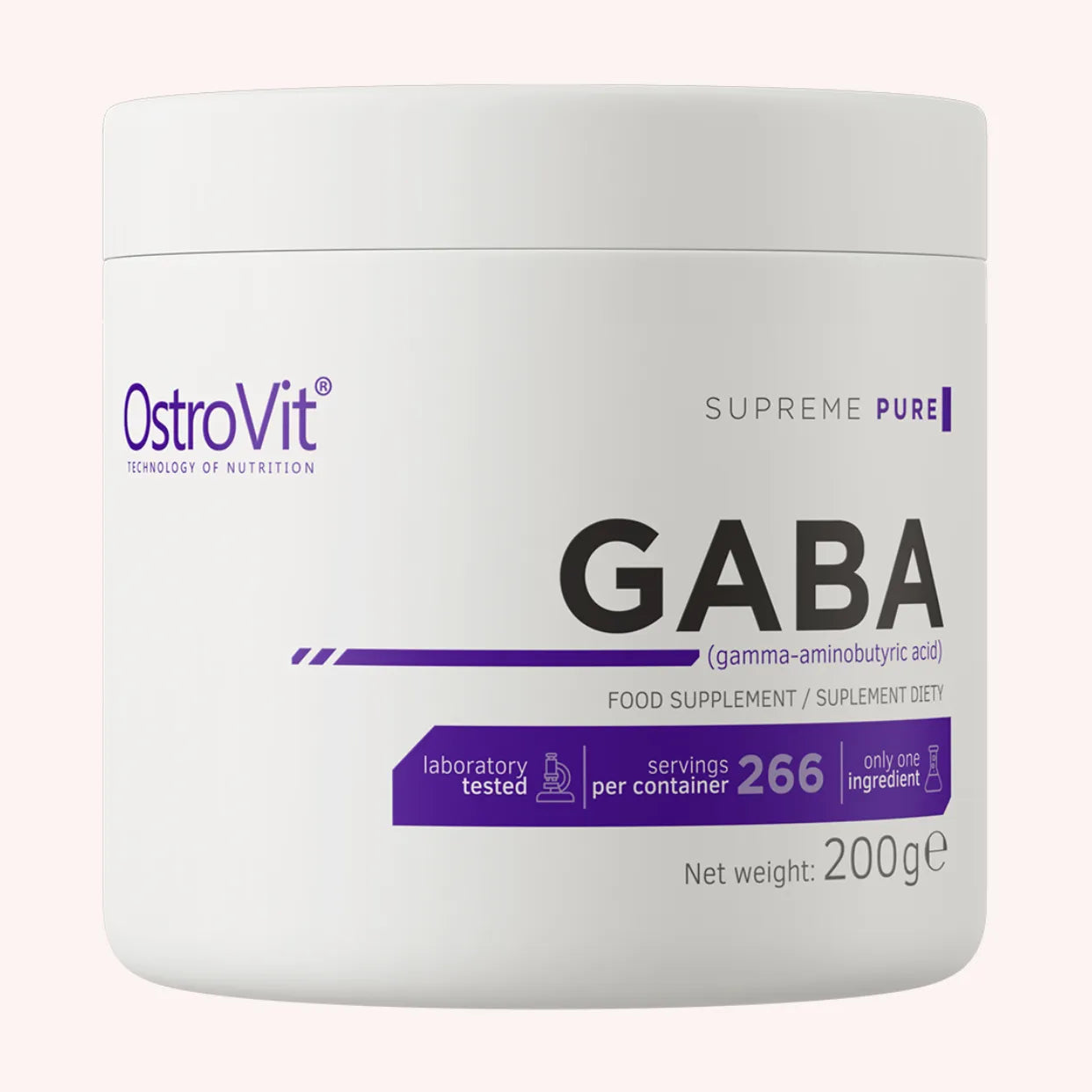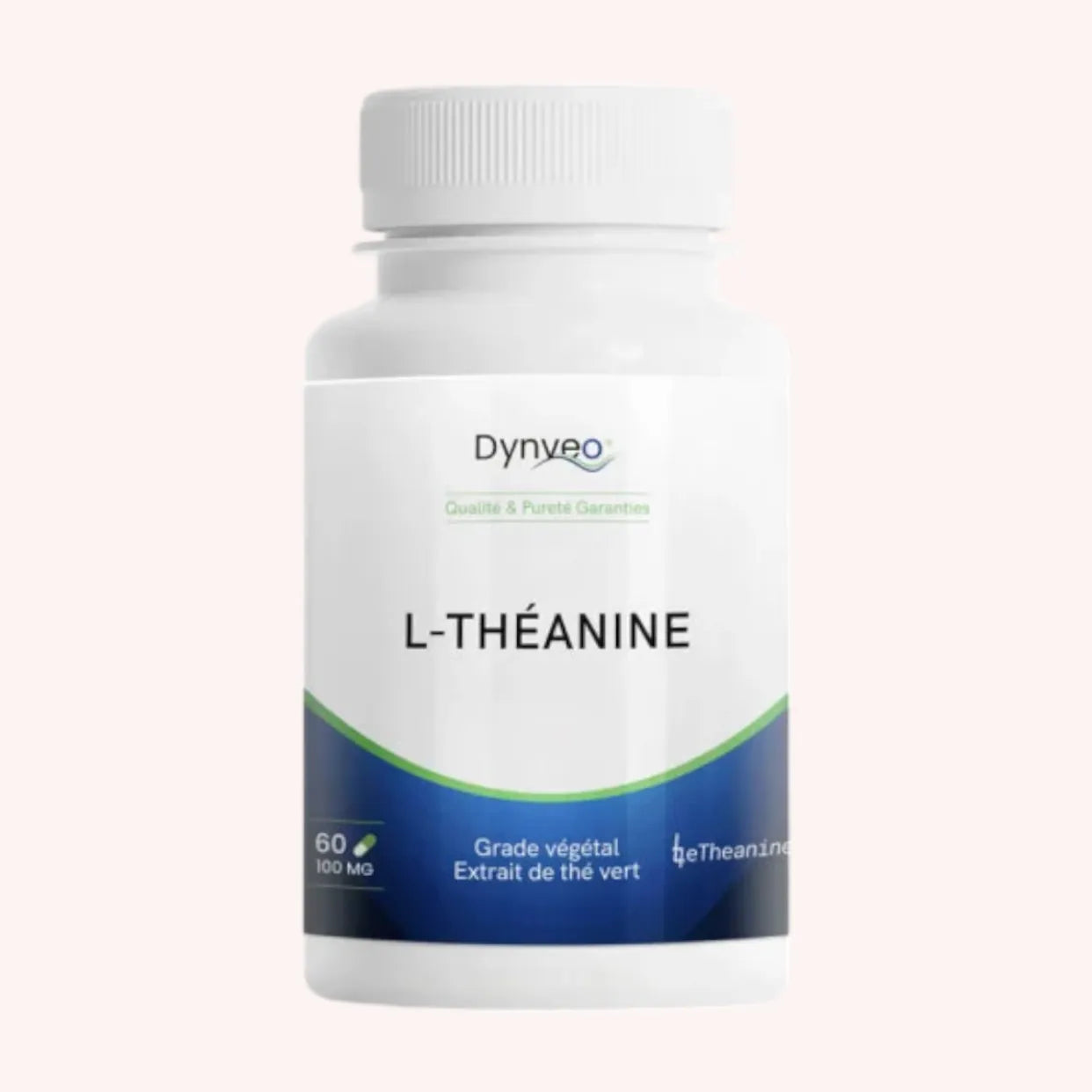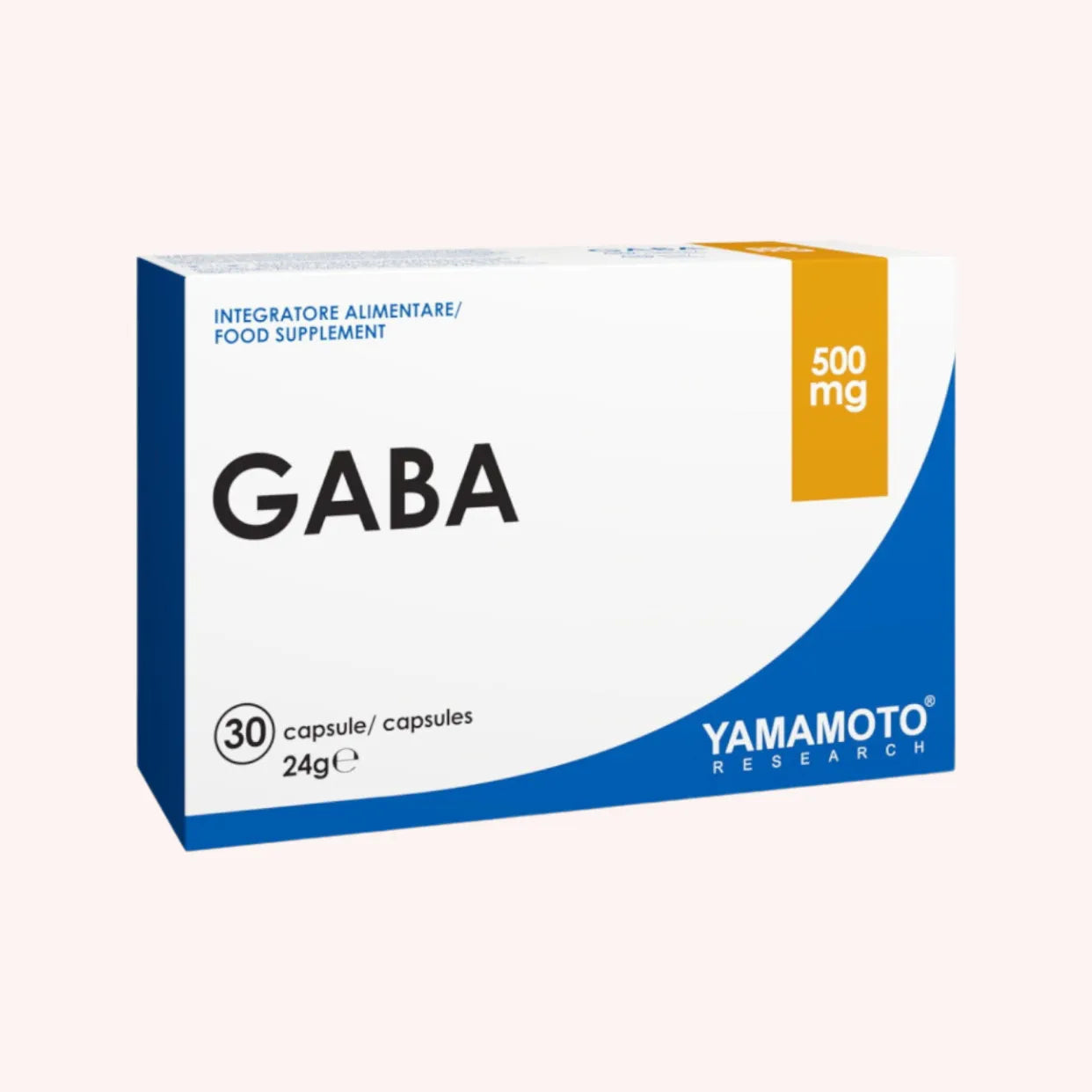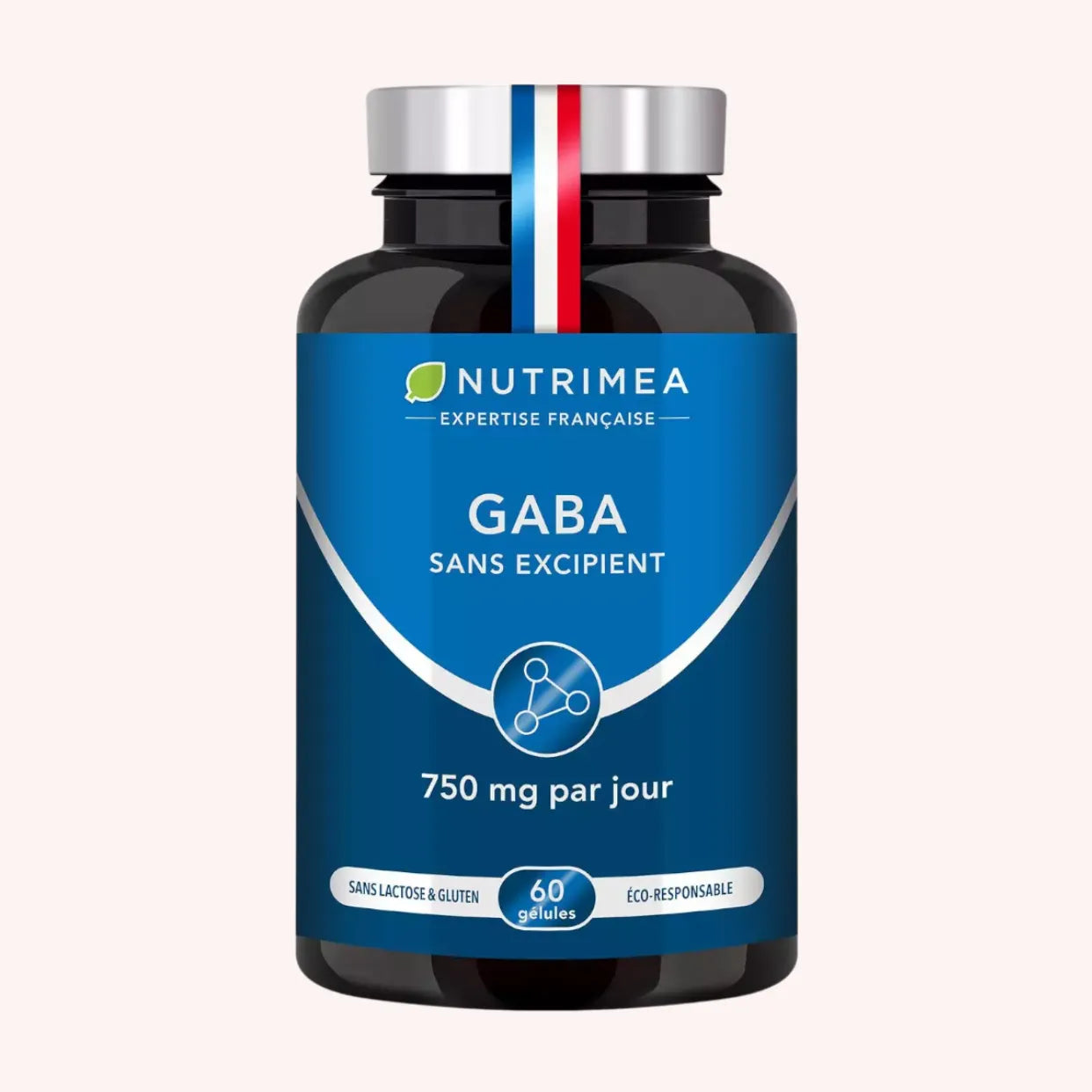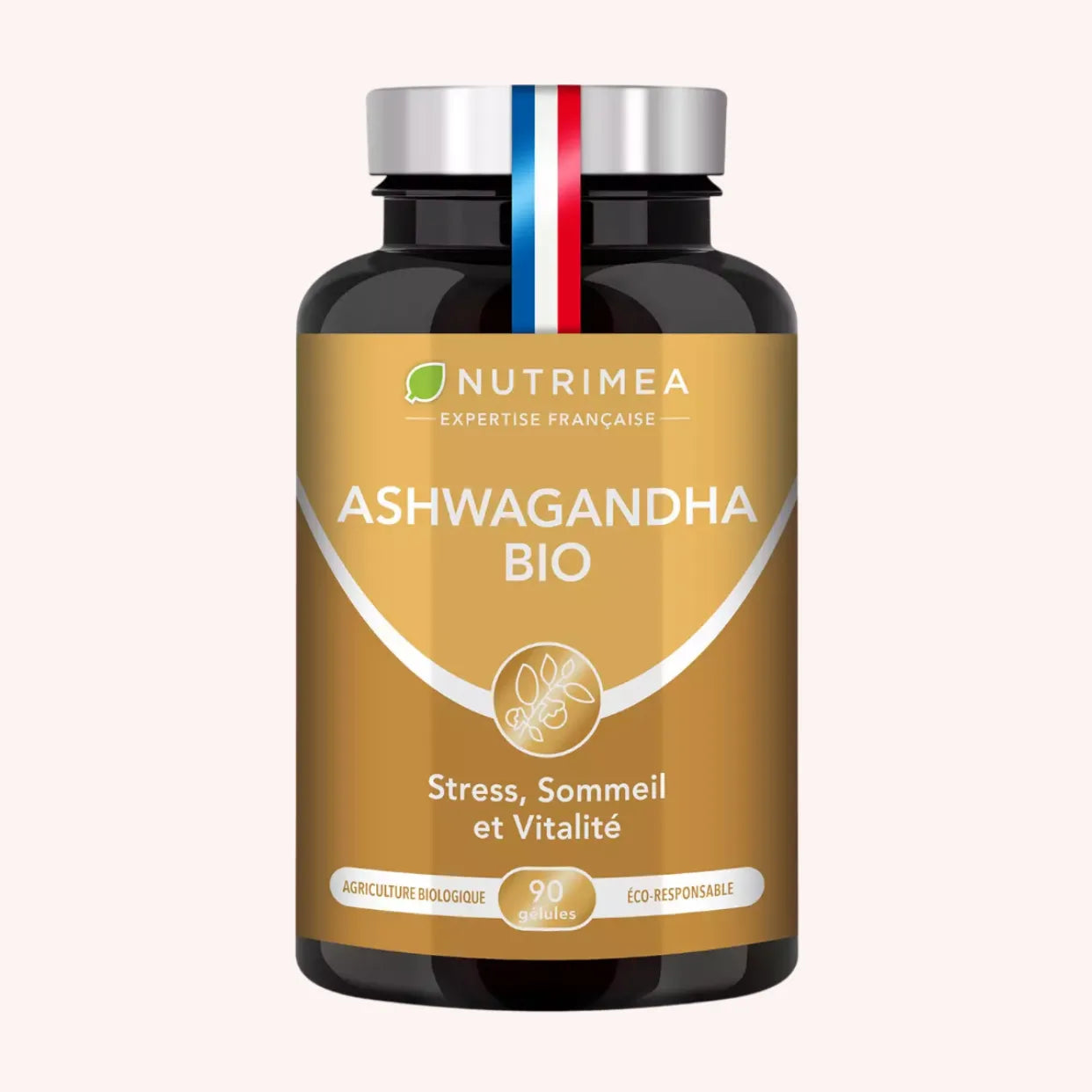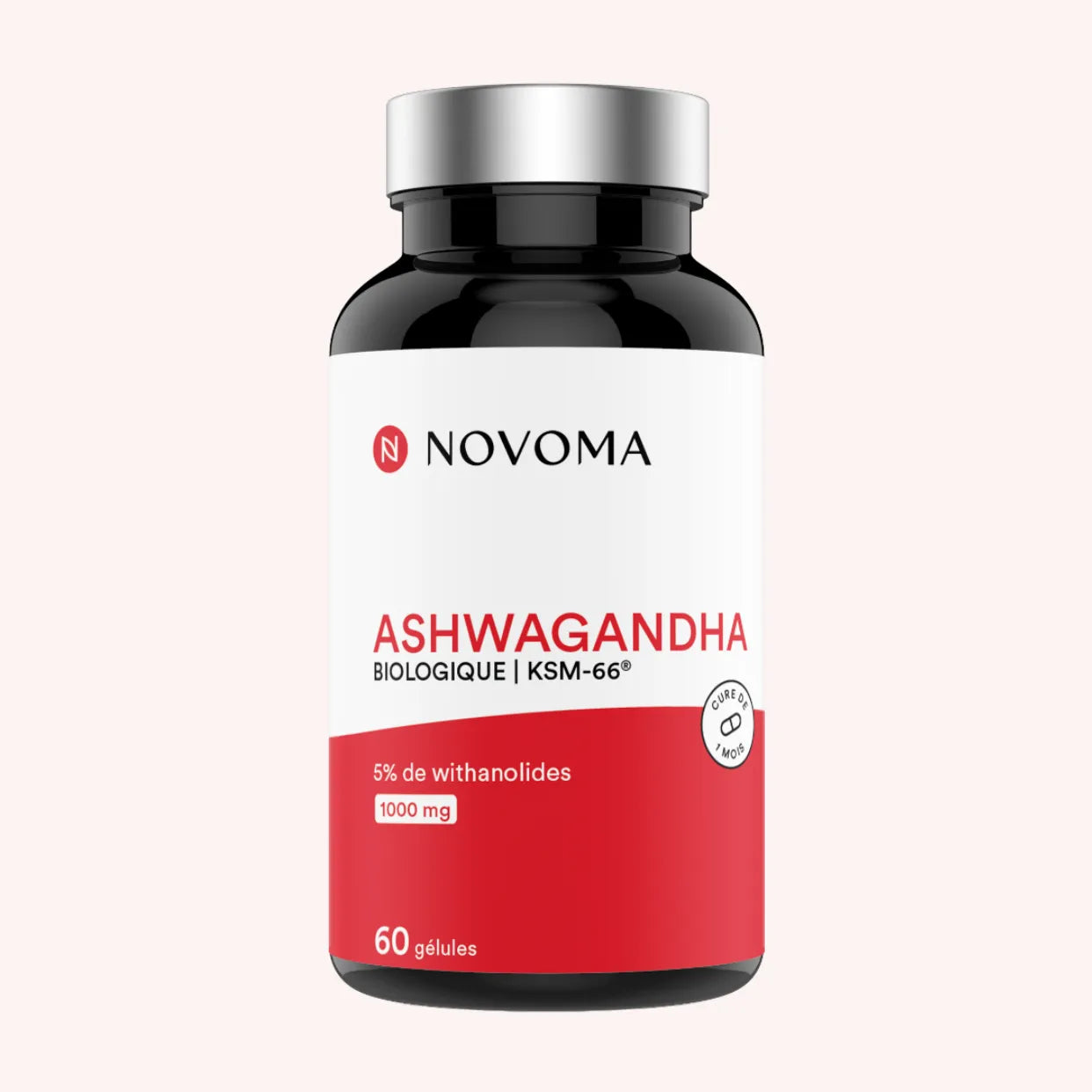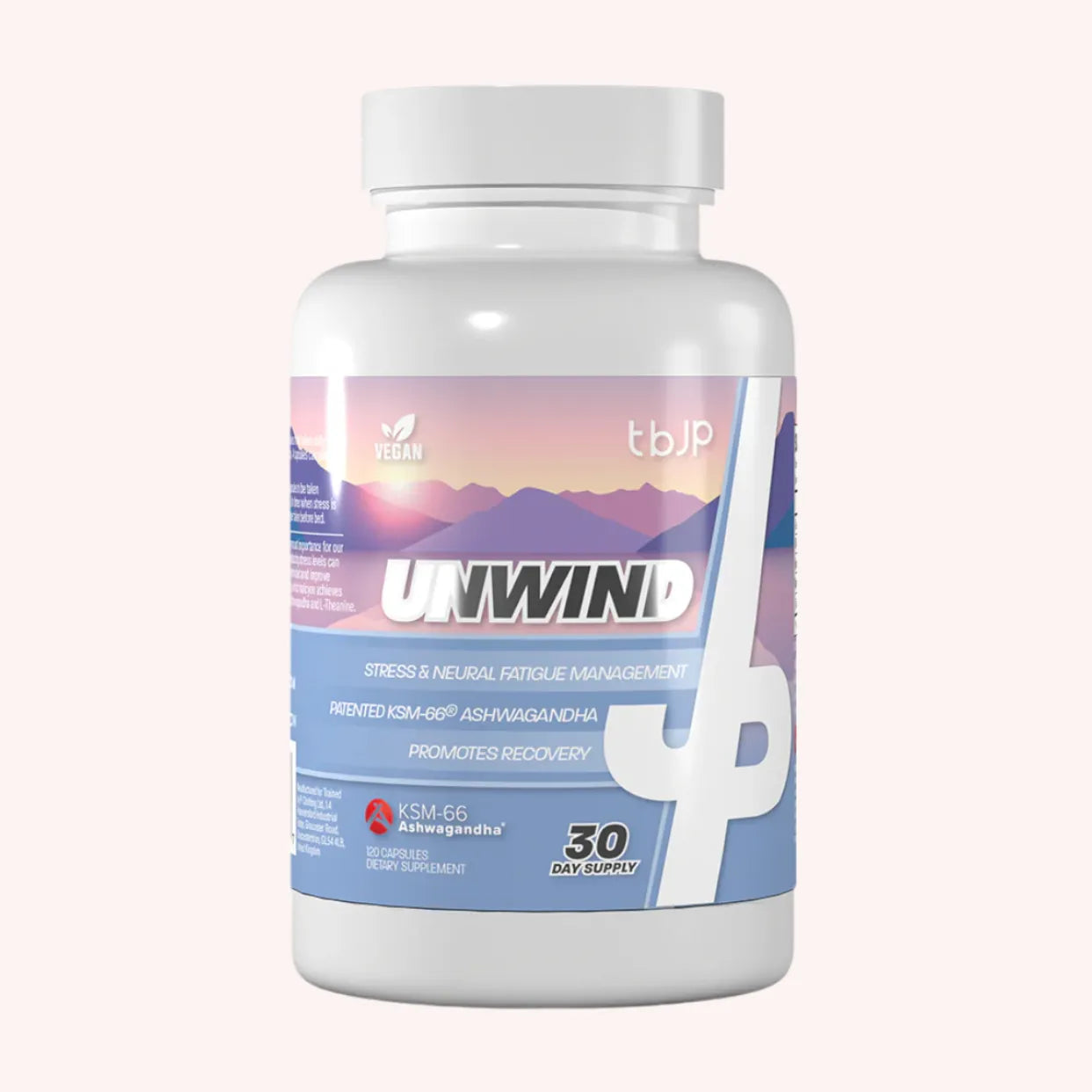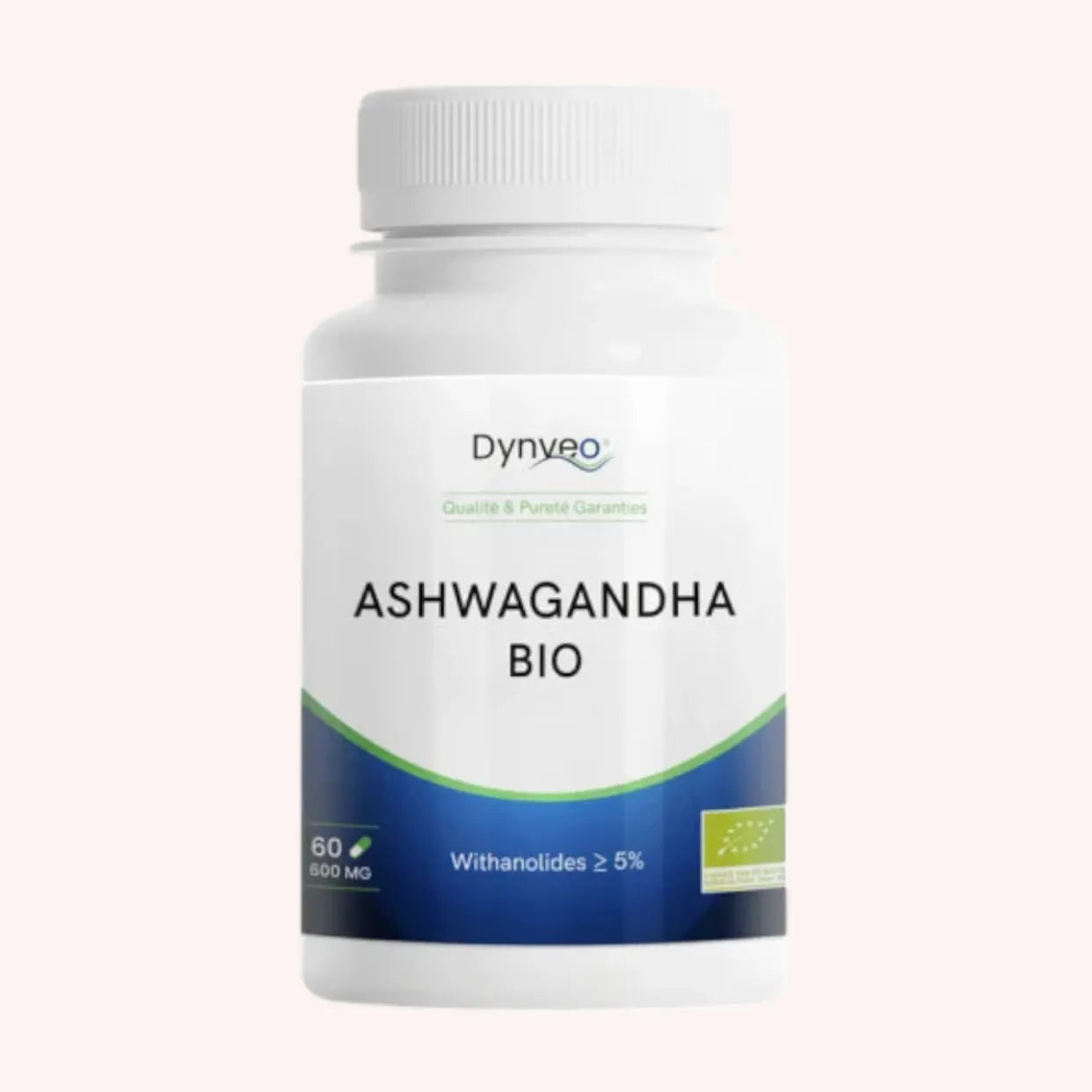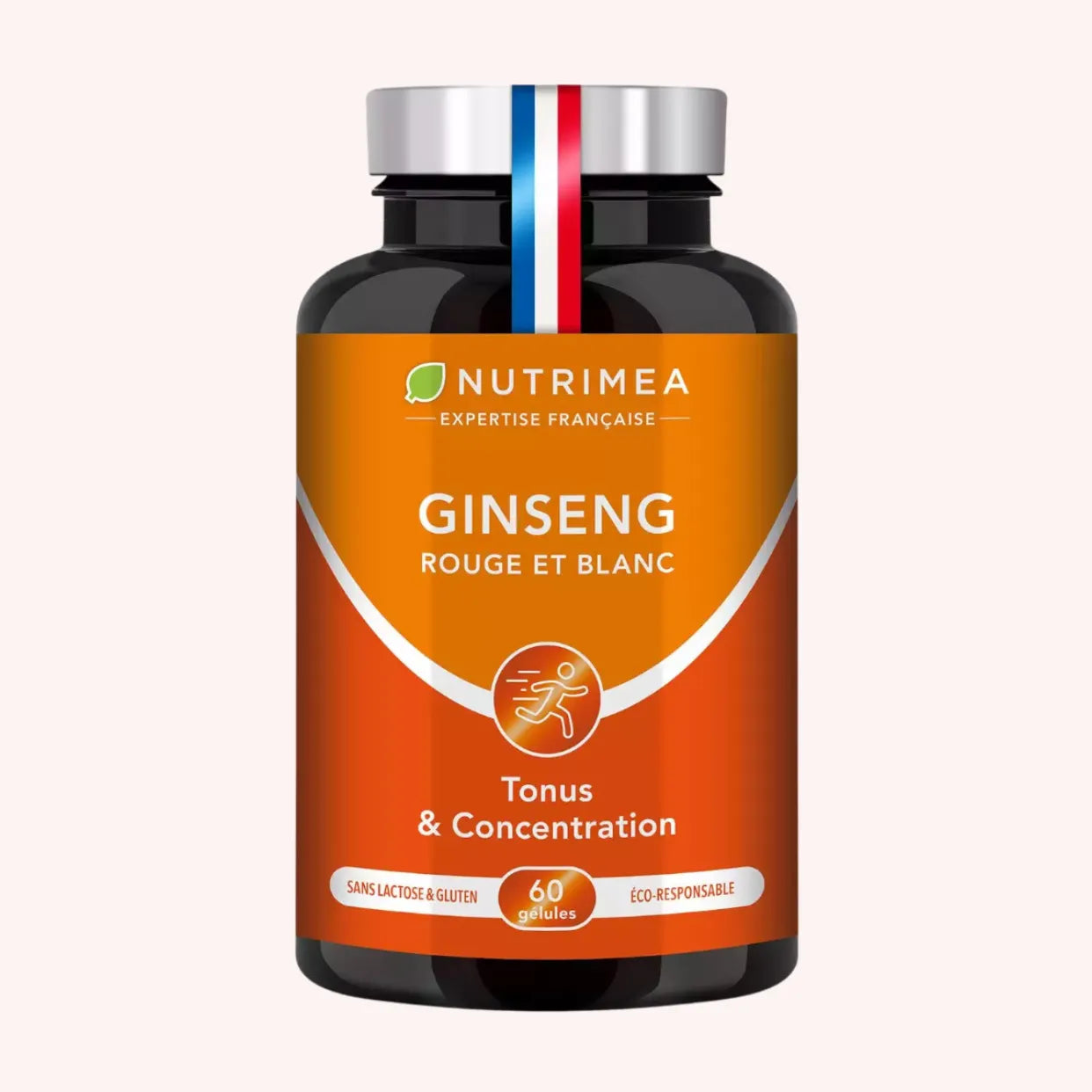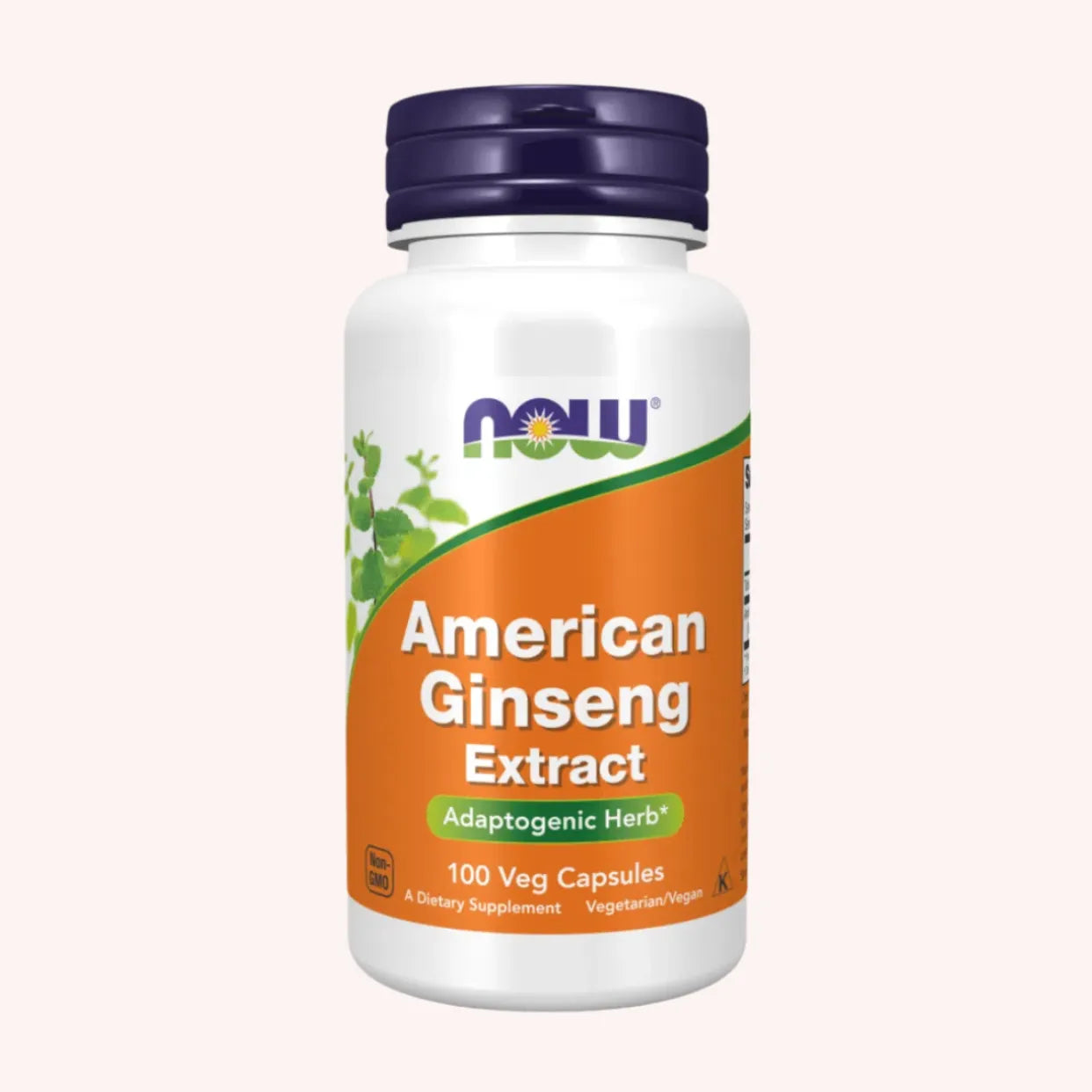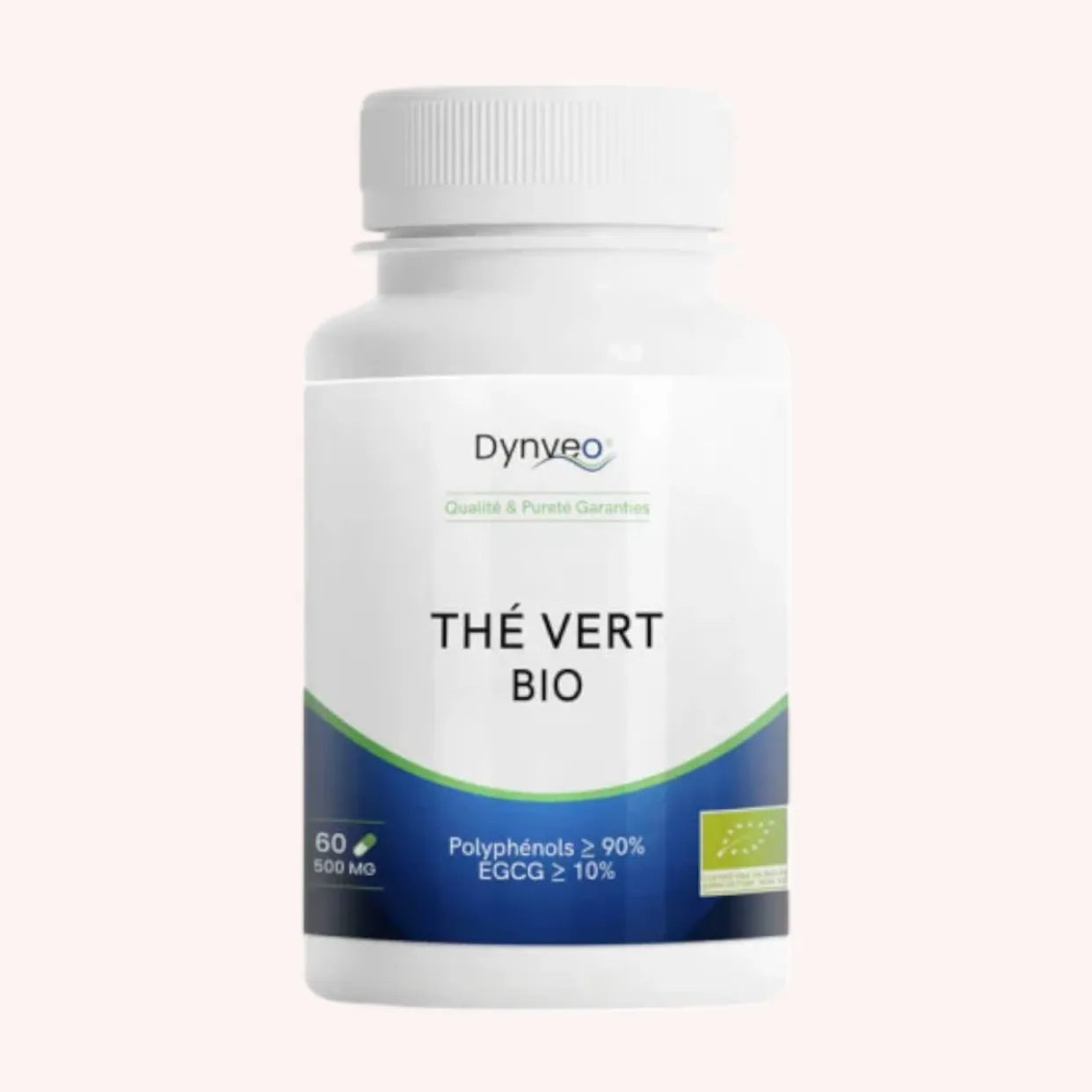17 products
Stress is a ubiquitous component of our modern society, whether it stems from work pressure, family responsibilities, or personal concerns. Although it's a natural response from our bodies, daily stress can have negative effects on both our minds and bodies.
In this article, we offer an in-depth exploration of stress supplements , analyzing their effectiveness and guiding you in choosing the products best suited to your needs. You'll also discover practical, scientifically based tips for incorporating natural and effective solutions into your stress management.
What is a stress supplement?
Stress supplements are products that contain specific ingredients to help with stress, anxiety, and mental tension. The main ingredients used include plant extracts, amino acids , and minerals . The goal of these supplements is to contribute to the body's resistance to stress, complementing a healthy lifestyle.
The best ingredients to fight stress
There are several natural ingredients widely used in stress supplements . Each of them has specific properties, and some are even supported by solid scientific studies.
Plants
Certain herbs, such as ashwagandha , ginseng , and green tea , are particularly popular in supplements designed to help the body cope with stress. These herbs work by strengthening the body's resistance to stressors, while also aiding in recovery from stressful events (especially ashwagandha).
Ashwagandha (Withania somnifera)
Ashwagandha is a powerful herb, widely recognized for its beneficial effects on stress management during times of mental, nervous tension, and anxiety. A study conducted by Camellia Akhgarjand and colleagues (1) found that ashwagandha supports periods of anxiety and stress in affected individuals.
Ginseng (Panax ginseng)
Ginseng is a widely used herb to support the body's vitality and help make you feel more energetic. It's also an excellent ally against stress, contributing to the body's resistance to temporary stress. A study conducted by Seungyeop Lee and colleagues (2017) found that ginseng has positive effects on the body's resistance to stress.
Green tea (Camellia sinensis)
Green tea is another herb well-known for its benefits. It contains L-theanine , an amino acid that contributes to a calming effect. Studies have shown that green tea, containing L-theanine, reduces anxiety and promotes a clearer mind, making it a great option for people looking to manage their daily stress without compromising their alertness (3). Green tea also helps relax the mind by promoting a state of rest.
Amino acids
Certain amino acids, such as GABA (gamma-aminobutyric acid), are also used for their ability to play a role in the nervous system. GABA, for example, is a natural neurotransmitter in the brain that plays a role in reducing neuronal excitability.
Minerals
Minerals like magnesium are often present in these supplements because of their contribution to the normal functioning of the nervous system. Magnesium, for example, helps reduce fatigue that causes stress.
How to choose the right food supplement against stress?
With the abundance of stress supplements available on the market, it can be difficult to know which one to choose to effectively manage stress. Each supplement has its own unique characteristics, whether in the composition of its ingredients or the format in which it is presented. Here are some essential criteria to consider to make an informed choice and select a quality product that will meet your needs.
- Read the labels: Make sure the supplement contains quality ingredients and the dosages are appropriate. In particular, check the concentration of key active ingredients, such as GABA or Ashwagandha . A good supplement should specify the exact amount of these substances per serving, allowing you to better assess its effectiveness. Avoid products with insufficient doses or unclear formulations. It's also important to pay attention to excipients, preservatives, or other potentially unnecessary or unwanted additives.
- Choose certified products: Choose certified dietary supplements that are free of pesticides, GMOs, or chemical additives. Products manufactured under transparent conditions and comply with quality standards are often more reliable. Additionally, using natural ingredients, such as plants or pure amino acids, ensures better bioavailability and minimizes the risk of side effects.
- Supplement form: Stress supplements come in several forms, each with its own pros and cons. Capsules and softgels are convenient, easy to take, and ensure accurate dosing. They're also discreet and convenient for those on the go. Powder , on the other hand, can offer faster absorption in some cases and allows for more flexible consumption, such as adding it to a smoothie or hot drink. Powder can also be more economical in the long run and offers dosage flexibility, although it requires careful measurement. Therefore, it's important to choose the form that best suits your lifestyle and preferences.
- Check reviews and recommendations: Check user reviews and expert recommendations. Products with positive testimonials and reviews are often more reliable.
- Seek professional advice: Before starting any dietary supplement, especially if you have pre-existing health conditions, it is always best to consult a doctor or nutritionist.
Side effects and precautions to take
While dietary supplements can offer benefits, it's important to remain vigilant. Some ingredients can interact with other supplements or cause adverse effects. For example, ashwagandha can cause mild drowsiness, while ginseng can increase blood pressure in some cases.
Conclusion: Find the right supplement for you
Anti-stress supplements can be an effective way to help build the body's resilience to stress. Ingredients like ashwagandha, L-theanine, and ginseng are all backed by scientific research that supports their effectiveness. However, it's important to choose quality products and always consult a healthcare professional before starting any supplementation.
Remember that a dietary supplement should not be seen as a miracle solution, but as a complementary tool for a healthy lifestyle. Combine your supplementation with good stress management, a balanced diet, and healthy lifestyle habits for lasting results.
Sources:
- Akhgarjand, C., Asoudeh, F., Bagheri, A., Kalantar, Z., Vahabi, Z., Shab-Bidar, S., Rezvani, H., & Djafarian, K. (2022). Does Ashwagandha supplementation have a beneficial effect on the management of anxiety and stress? A systematic review and meta‐analysis of randomized controlled trials. Phytotherapy Research. DOI: https://onlinelibrary.wiley.com/doi/10.1002/ptr.7598
- Lee, S., & Rhee, D. (2017). Effects of ginseng on stress-related depression, anxiety, and the hypothalamic–pituitary–adrenal axis. Journal of Ginseng Research. DOI: https://www.sciencedirect.com/science/article/pii/S122684531630224X?via=ihub
- Hidese, S., Ogawa, S., Ota, M., Ishida, I., Yasukawa, Z., Ozeki, M., Kunugi, H. (2019). Effects of L-Theanine Administration on Stress-Related Symptoms and Cognitive Functions in Healthy Adults: A Randomized Controlled Trial. Nutrients. DOI: https://www.mdpi.com/2072-6643/11/10/2362
- Mukherjee, P., Banerjee, S., Biswas, S., Das, B., Kar, A., Katiyar, C. (2020). Withania somnifera (L.) Dunal - Modern perspectives of an ancient Rasayana from Ayurveda. Journal of Ethnopharmacology. DOI: https://www.sciencedirect.com/science/article/abs/pii/S0378874120330397?via=ihub





